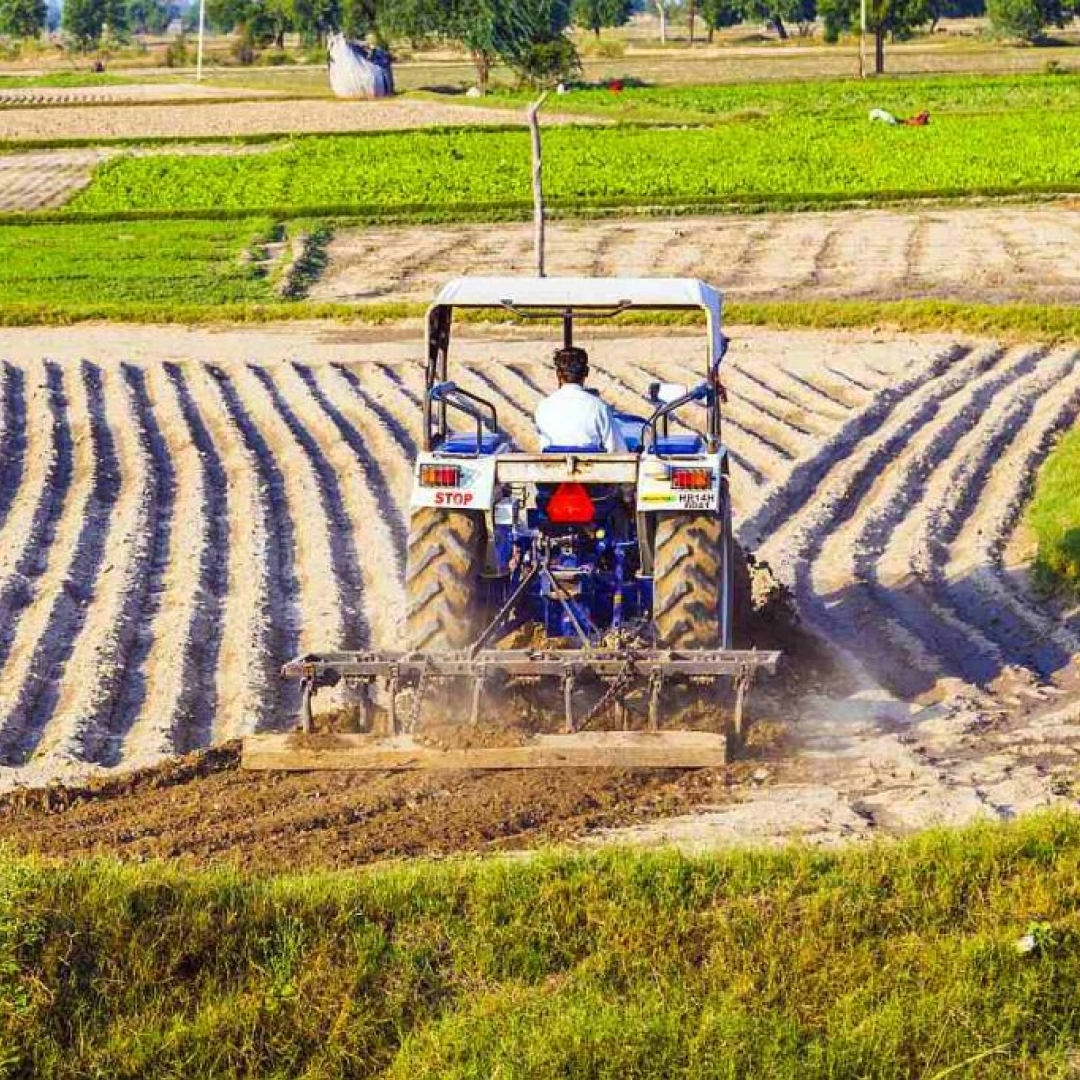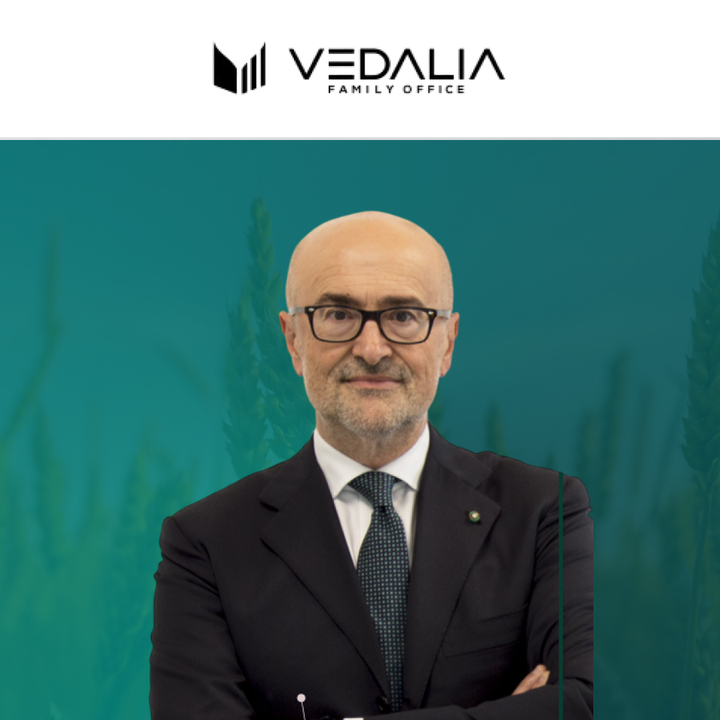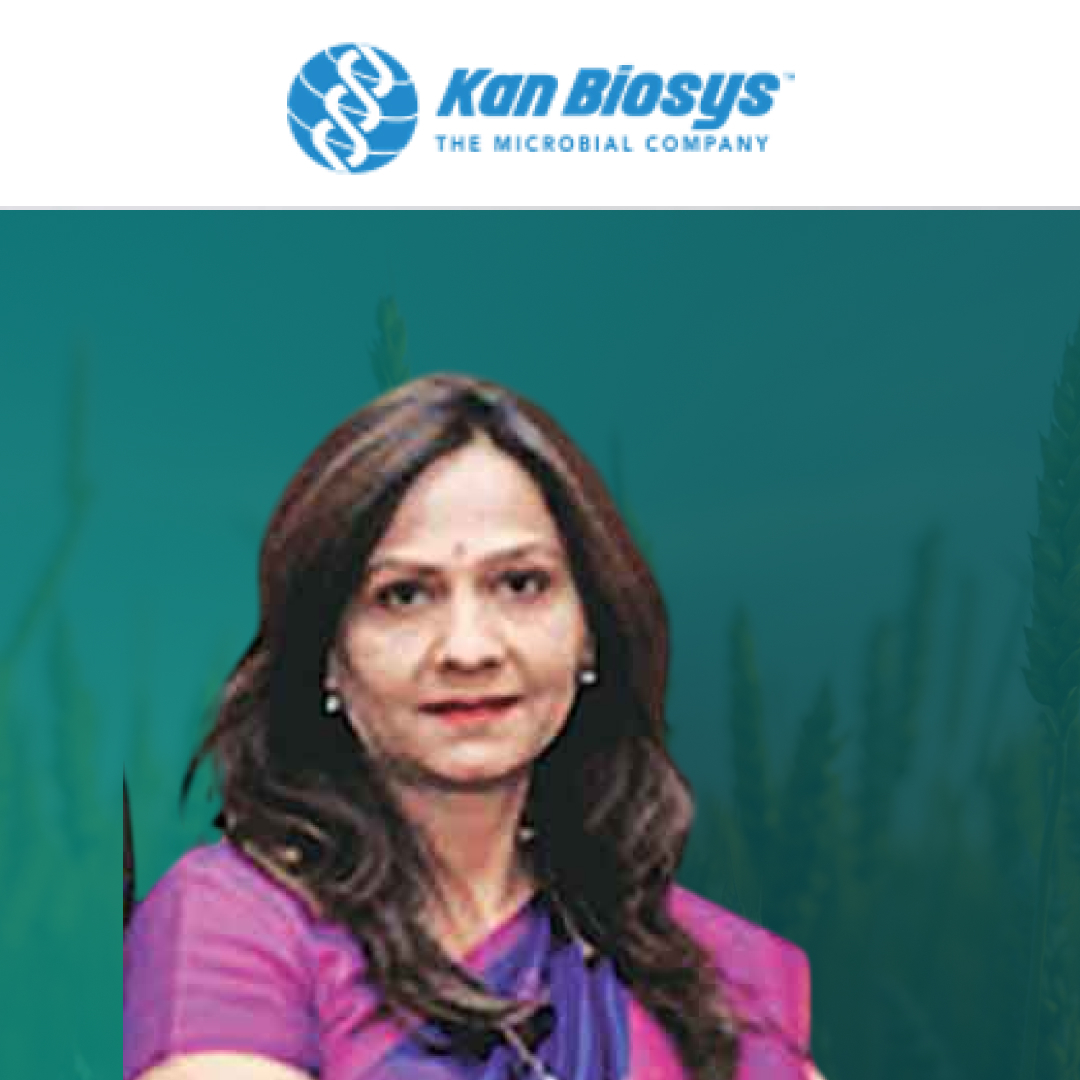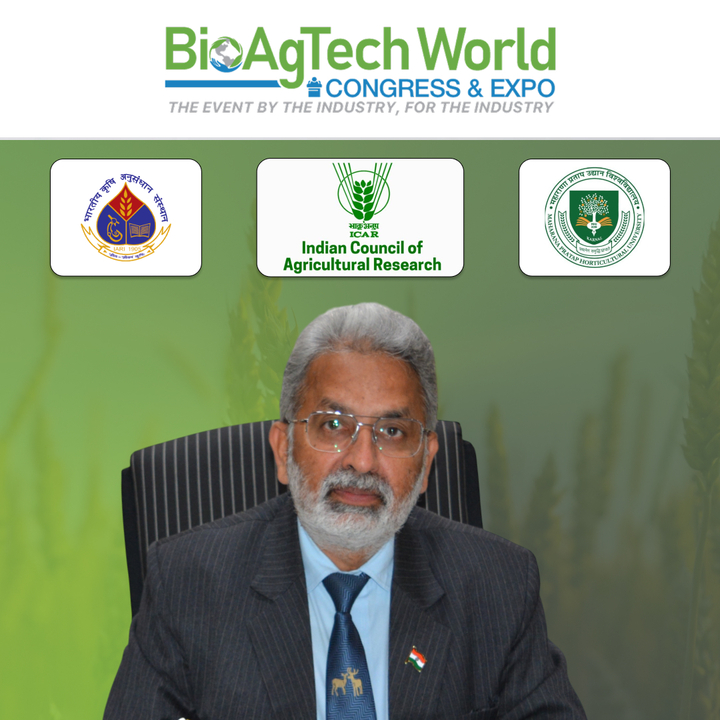
Interview with BioAg Partner: Pedro Peleato, President AEFA
Pedro Peleato is the founding partner of SEIPASA, established in 1998. Under his leadership, SEIPASA has grown into a multinational entity present in over 30 countries, specializing in natural solutions for agriculture. He has driven the company’s international expansion, sustainability efforts and innovation, securing plant protection registrations worldwide and obtaining four patents. Pedro also founded CEPBIO, Spain’s first biopesticide consortium, fostering collaboration among key industry players. In 2021, SEIPASA received the prestigious National Innovation Award. Since 2023, he has served as President of AEFA, focusing on sustainability, regulatory frameworks and strengthening the association’s global influence. His work continues to shape the future of sustainable agriculture.
Q1: What is your vision for AEFA and what key initiatives are you working on? What have been your major achievement(s) in the past one year?
The Spanish Association of Agronutrients Manufactures (AEFA) was created more than 25 years ago to consolidate, unite and represent Spanish fertilizer and biostimulant manufacturers around industries interests and needs. AEFA’s aim is to foster a sustainable and innovative agricultural sector that prioritizes both crop productivity and environmental stewardship. Today, AEFA work is based on its three foundational pillars:
- Our active participation in all regulatory and legislation sector forums in Spain and Europe.
- Our substantial effort in increasing awareness and knowledge proven efficacy of biostimulant products and solutions as essential scientific and innovative tools towards sustainable agriculture.
- An important collaborative network among our member companies.
AEFA’s efforts have also been focused in obtaining a streamlined and simpler authorization procedure for low-risk plant protection products. AEFA has Working Groups and Specific Working Committees that address and promote different topics concerning the biostimulant and biocontrol industry. We also have an active participation in the requests for the incorporation of new raw materials into Regulation CE 1165/2021 for the formulation of fertilizers suitable for organic farming and we work to present a strong, low-risk legislative proposal.
We have implemented a Sustainability Strategy and a Compliance Plan to improve the indicators of several SDGs and to reflect on the seriousness and good practices of our member companies. Last year, we became part of the Biocontrol Coalition as leading members, and, we hold regular meetings with EBIC and other national associations to promote European legislative improvement and advances.
Q2: What do you identify as the most pressing challenges currently facing the agricultural nutrients industry especially biologicals in Spain? How does AEFA plan to address these issues?
Spanish BioAg companies are highly innovative and deep-tech, with biostimulant products relying on extensive research and development. Bringing a commercial product to market requires long-term investment within a stringent regulatory framework. Biostimulant and biocontrol companies face significant challenges due to these rigorous requirements.
One of the main issues is the biostimulant regulatory framework under the Fertilizer Product Regulation (FPR) EU Regulation 2019/1009. Certain technical aspects remain undefined or open to broad interpretation, while some procedures lack detailed guidelines. The regulation provides a clear definition for biostimulants but imposes restrictions on microbial biostimulants and those derived from animal by-products, further complicating compliance.
Additionally, the limited number of notified bodies responsible for conducting the mandatory conformity assessments required under EU Regulation 2019/1009 leads to inconsistent evaluation criteria. This shortage delays market access for biostimulants, highlighting the urgent need for harmonized assessment procedures across the EU. The REACH+ framework presents another major challenge. The FPR has imposed stricter and more complex requirements for biostimulant manufacturers, even for small-scale substances or natural compounds. These regulations require increased investment and stronger collaboration between suppliers and commercial manufacturers to meet compliance standards. The added financial burden and uncertainty make European market entry increasingly difficult.
To support innovation and market access, a regulatory framework with clearly defined, science-based technical criteria is essential for ensuring safety and health. Lengthy approval processes, administrative hurdles and legislative gaps discourage industry growth. Many companies prefer to enter markets with more flexible regulations, enabling faster returns on investment. Policymakers should implement measures such as tax incentives and investment support to bolster biotechnology and attract private sector involvement.
Beyond regulatory challenges, research and innovation remain critical. While scientific advancements have been made, further research is needed to understand biostimulants’ modes of action and interactions with plants under different environmental conditions. Enhancing scientific knowledge will be key to optimizing biostimulants’ effectiveness and ensuring their long-term success in global markets.
Q3: You have emphasized making sustainability a tangible concept within AEFA and a desire to shift AEFA from focusing solely on agri-nutrients to encompassing biostimulants and biocontrol. How do you plan to implement it?
AEFA works effectively to contribute to the development of the advanced fertilization sector with special focus on providing our farmers with sustainable tools aligned with the Farm-to-Fork Strategy and Green Deal. A sustainable agricultural production is the key point for high value markets and high – value standards of quality and consumer needs.
Not only is AEFA shifting to high efficiency biostimulants and biocontrol products as a strategic tool towards sustainable agriculture, but the markets, the recent European legislation and consumers’ needs, and growers’ requests are moving towards this new way of agriculture. AEFA has established a firm commitment towards sustainability in all areas to improve the economic, social and environmental sustainability of each of the associated companies. Our recently published Sustainability Strategy highlights our claim and establishes measurable indicators, analyzing their evolution, and giving visibility to the sector’s commitment with society and environment.
In January 2024, AEFA led an independent initiative encouraged by several companies within the association to create a new regulatory framework that allows low-risk protection products to be placed on the market more quickly and effectively. This regulation claims to follow legislative procedure but overlooks existing technical consensus. Its goals are to streamline renewal authorization, improve national procedures to prevent registration delays and strengthen mutual recognition. The aim is to simplify authorization for protection products using approved low-risk substances. These products should be approved in a single act, ensuring efficiency and trust. It also provides a clear path under Regulation 1107/2009 for new products that, after evaluation, do not qualify as low risk.
Q4: Under your leadership, SEIPASA has expanded into a multinational entity with presence in over 30 countries. How will your experiences at SEIPASA influence your approach as president of AEFA?
My experience as a founding partner of SEIPASA since 1998 has been essential for my presidency in AEFA. SEIPASA joined AEFA in 2008 and since 2013, I have been an active member of all seven Boards of Directors that address AEFA executive management. Since 2023, I assumed Presidency with responsibilities towards awareness and relevance for the biostimulant industry sector.
My main challenge is to focus our consolidated efforts on providing farmers with the most sustainable, profitable and efficient tools for today’s agronomical challenge based on highly innovative biostimulant products such as humic acids, seaweed extract, amino acids, chelates, plant extracts or microorganisms. AEFA represents and brings together the interests of over 60 Spanish companies including small- to medium-sized businesses and large multinationals, but all of them work together as one.
The expertise and knowledge of each one of our associate companies is enhanced by collaborative networking among AEFA’s members. I am glad to highlight the work carried out since AEFA’s inception in important regulatory challenges in the past few years. My aim is to increase innovation and regulation development by strengthening and reinforcing our Working Groups and enhancing our collaboration with regional, national and European administration partners and decision makers as well as other relevant European Associations.
Q5: Where do you envision AEFA in the next five years, especially concerning its role in the agri-food sector and its relationship with farmers?
In the following years, I envision AEFA being one of the international leaders in our industry, setting efficient and tangible goals that others will follow. This will be achieved by focusing on innovation, technology transfer, and valuable and talented human resources, and by continuously improving our collaboration and networking.
Our commitment is strong and focused. I foresee our leadership accomplishing regulatory roadmaps in Spain and EU promoting high efficiency, no risk products for a more sustainable agriculture for farmers, consumers and planet. Scientific knowledge and technical transfer are our foundation inception for progress and innovation. Under these terms, despite the years to come, we will still take our responsibility to generate and transform knowledge into innovations that positively impacts and contributes to sustainable agriculture, food security, rural development and social economy.
Q6: What are your thoughts about BioAgTech World Congress, an event organized by the industry for the industry? What key developments or collaborations do you want to see emerge from the BioAgTech World Congress 2025 in New Delhi?
Without any doubt, BioAgTech World Congress 2025 will be one of the most important events of the year in the BioAg sector as it will bring together farmers, agronomists, policy makers, industry leaders, agriculture companies, and innovative and research companies worldwide. BAW Congress 2025 offers a unique opportunity to foster innovation and enhance collaboration among the sector with a worldwide focus to dynamize and accelerate sustainable solution for food production challenges ahead. It is certainly a unique global event that highlights the challenges, needs and opportunities of all the main stakeholders in order to address and provide strategic global solutions.







Leave a Reply